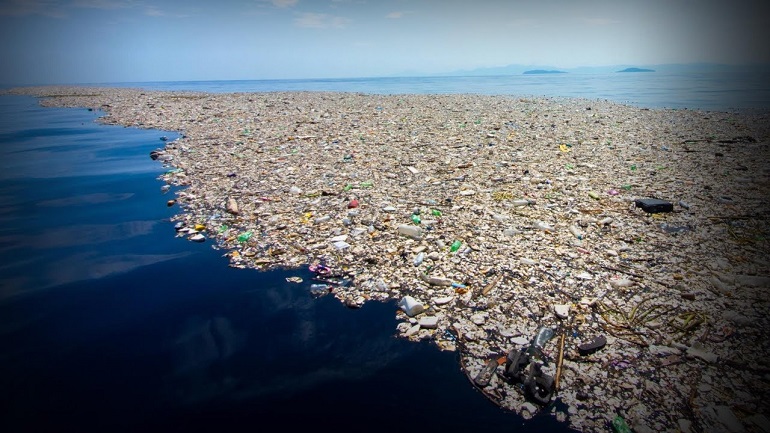Plastic waste is one of the most significant environmental issues of our time. With billions of tons of plastic being produced every year, a significant portion of it ends up in the oceans, causing immense harm to marine life and the ecosystem. The impact of this waste on the oceans and marine life is alarming and needs immediate attention.
The presence of plastic in the ocean is a major problem, as it takes hundreds of years to break down. After breaking down the plastic, it releases harmful chemicals that can have a devastating impact on the environment. The chemicals released from the plastic make the water toxic for marine life. The chemicals eventually lead to the death of the organisms. Ingesting plastic can cause suffocation, starvation, and drowning for marine animals, especially sea turtles, fish, and seabirds that mistake plastic for food.
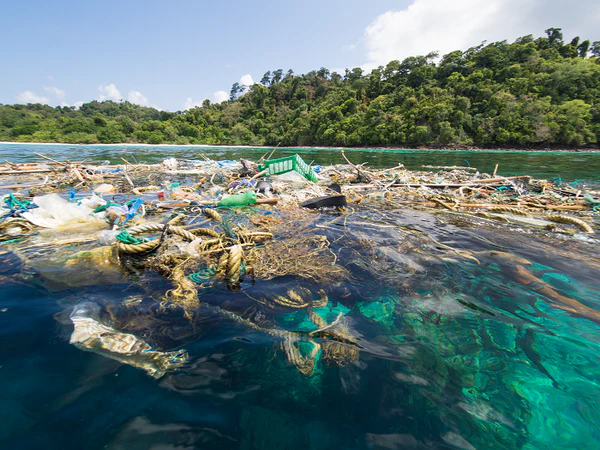
- Advertisement -
The Impact of Plastic Waste
The impact of plastic waste on marine life can be seen in the numbers. Studies show that over 100,000 marine animals die every year due to plastic waste. From the smallest plankton to the largest whales, all marine organisms are affected by plastic pollution. It is estimated that by 2050, there will be more plastic than fish in the oceans if current trends continue.
This affects the ecosystem as well. When plastic enters the food chain, it affects the entire ecosystem, including humans who rely on fish and other seafood for their diet. Plastic affects the reproductive system, leading to decreased fertility and increased mortality rates.
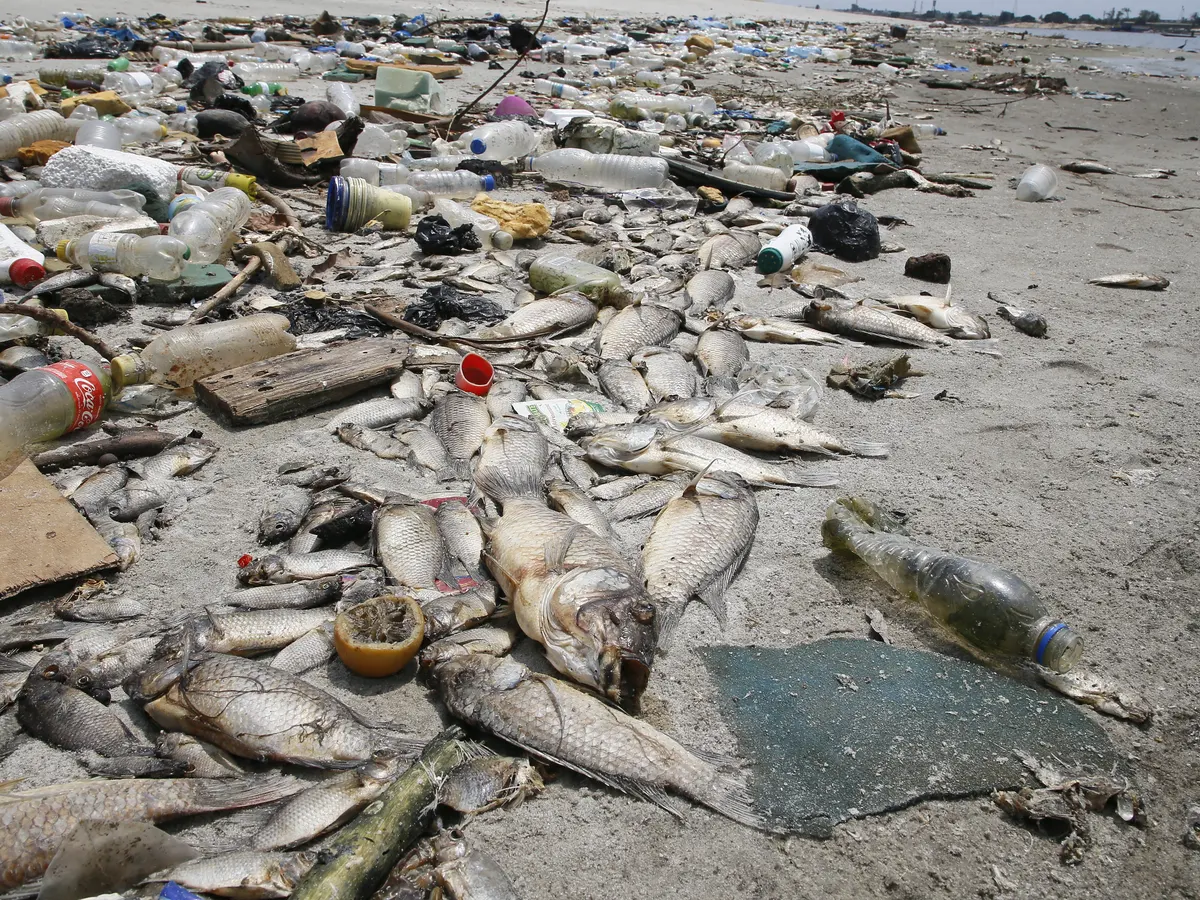
Steps Taken to Avoid Plastic Waste
To address this issue, it is crucial to raise awareness and take action to reduce plastic waste. The use of single-use plastic should be discouraged, and efforts should be made to recycle and properly dispose of the waste of plastic. Governments and organizations worldwide are working hard to reduce plastic use and improve waste management systems.
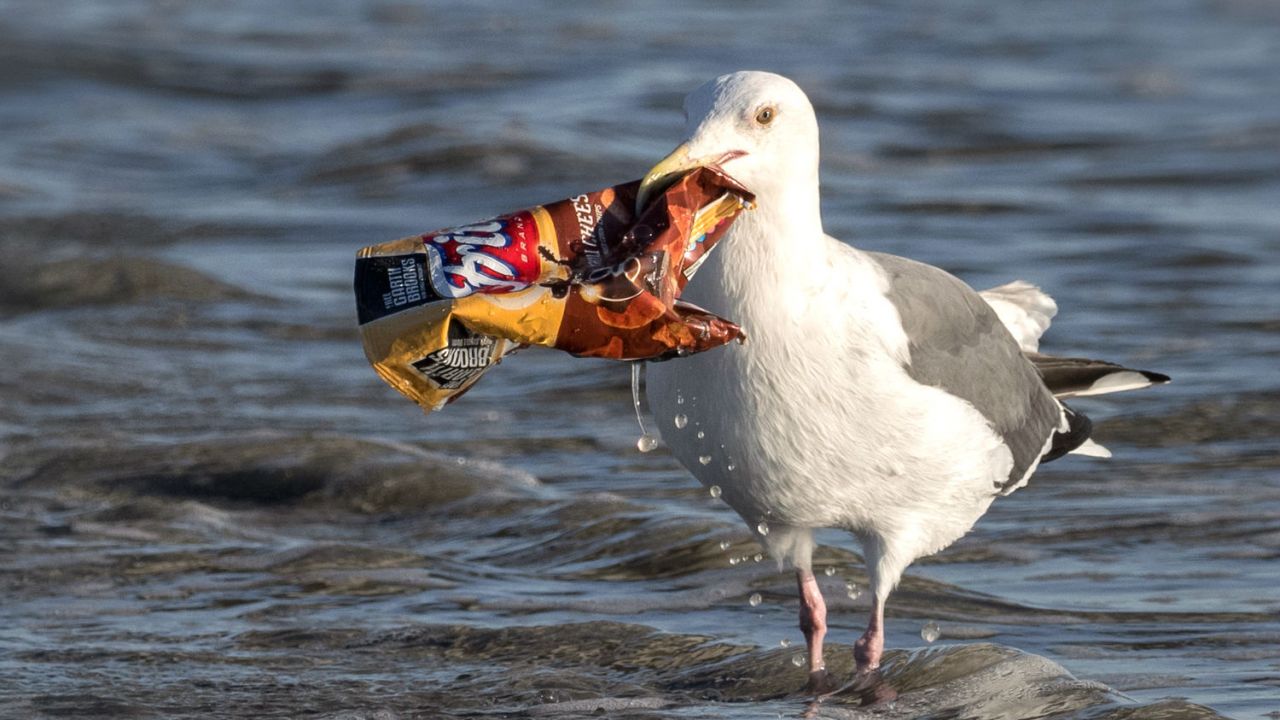
One of the most significant contributors to plastic pollution in the oceans is single-use plastics. Plastic bags, straws, bottles, and food packaging are meant to be used once and then thrown away. These plastics are especially dangerous to marine animals because they can become entangled in them, causing damage or death. The good news is that there are plenty of alternatives available that can help reduce the use of single-use plastics. For example, reusable shopping bags, stainless steel straws, and refillable water bottles are all excellent options.
Some Other Steps
Another way to reduce pollution in the oceans is through recycling. Recycling is an excellent way to reduce waste and conserve resources. Governments and organizations worldwide are working towards improving management systems and promoting recycling to reduce plastic waste.
Efforts to clean up the plastic from the oceans are also underway. Several organizations and groups worldwide are working towards removing plastic from the oceans and coastlines. These efforts involve beach cleanups, large-scale cleanups, and the development of new technologies that can help remove plastic waste.
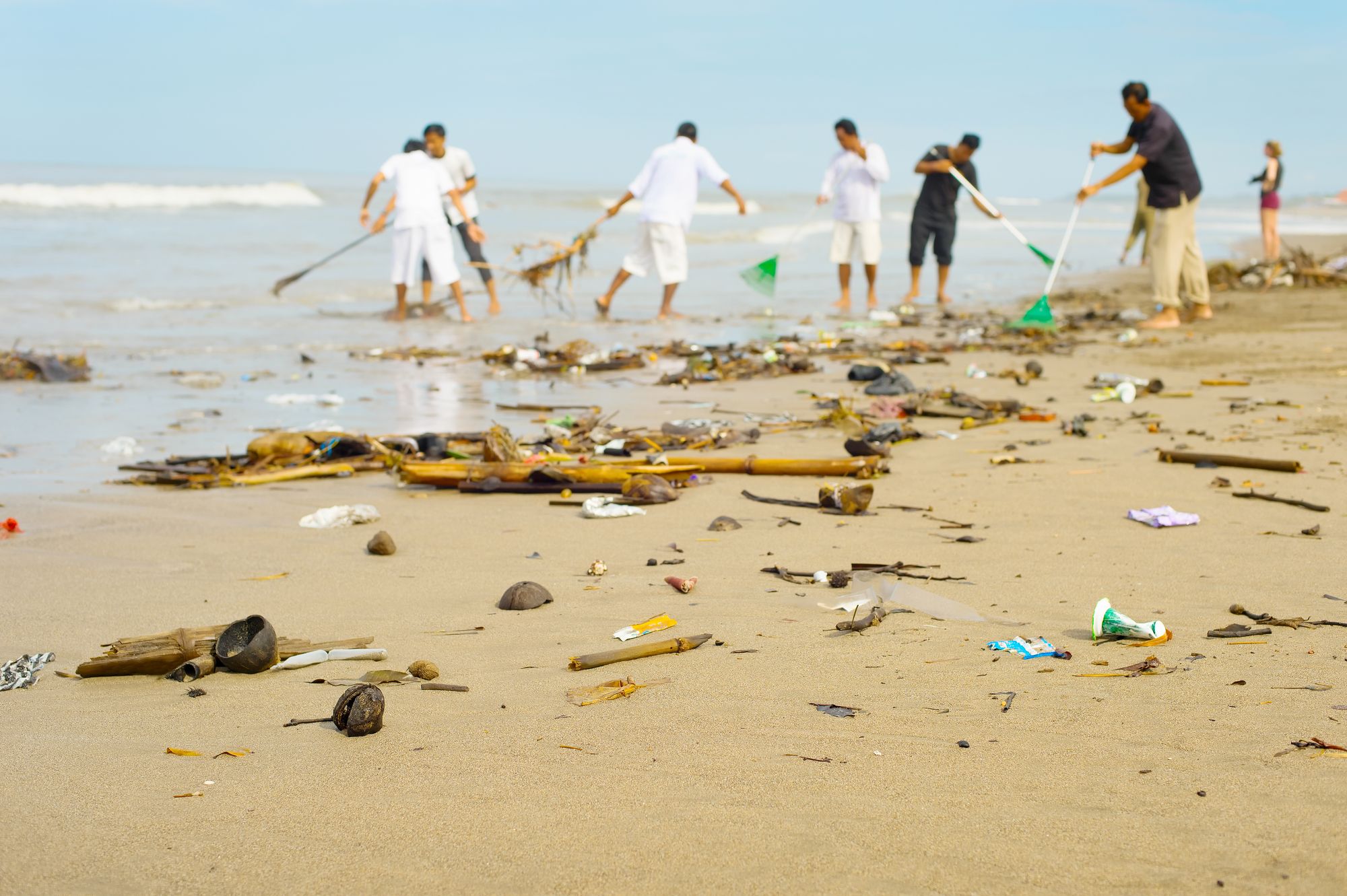 The impact of plastic trash on the oceans and marine life is a major environmental concern. The ecosystem, marine life, and humans are all affected by plastic pollution. It is time to take responsibility and work towards reducing plastic to protect the oceans and the creatures that call them home. Governments, organizations, and individuals can all play a role in reducing plastic waste and protecting the oceans. By making simple changes in our everyday lives, we can make a significant difference and help ensure a healthy planet for future generations.
The impact of plastic trash on the oceans and marine life is a major environmental concern. The ecosystem, marine life, and humans are all affected by plastic pollution. It is time to take responsibility and work towards reducing plastic to protect the oceans and the creatures that call them home. Governments, organizations, and individuals can all play a role in reducing plastic waste and protecting the oceans. By making simple changes in our everyday lives, we can make a significant difference and help ensure a healthy planet for future generations.

